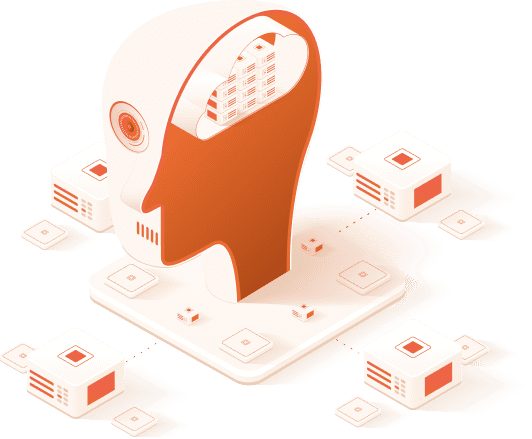Smart claims management plays a pivotal role in enhancing healthcare finance in several ways.
What is Healthcare Claims Management Software?
Healthcare claims management software simplifies the claims process, improving interactions between providers and insurers while expediting patient payments. These solutions utilize automation to address and prevent obstacles in claims processing and billing workflows. They are available as standalone products or integrated into medical billing, revenue cycle management, or comprehensive practice management software. Users include payers, healthcare providers, and insurers.
"We're here to assist you in optimizing your healthcare claims management process."
Digitize claims submission for efficiency.
Streamline interactions between providers and insurers.
Mine patient medical data for informed decisions.
Ensure compliance with HIPAA and industry standards.
Benefits of Healthcare Claims Management Software
Healthcare Claims Management Software plays a pivotal role and provides numerous benefits to the healthcare industry.
Process Optimization: It helps streamline the healthcare claims processing workflow, from information gathering to patient reimbursement, reducing time and effort while enhancing efficiency.
Improved Relationships: It facilitates favorable relationships between healthcare service providers and insurance companies by making communication and negotiation more effective.
Faster Payments: Patients receive payments more promptly, ensuring they don't have to wait excessively for compensation.
Automation: It utilizes automation to address or prevent obstacles that may hinder the claims processing and billing process.
Process Integration: It easily integrates into various systems, such as medical billing software, revenue cycle management software, or comprehensive medical practice management software.
Time and Cost Savings: Eliminates unnecessary manual tasks, saving time and reducing costs.
Compliance with Regulations and Industry Standards: Ensures that the claims management process adheres to regulations and industry standards like HIPAA.
Key Elements of Healthcare Financial Management
Making the Right Investments at the Right Times
























